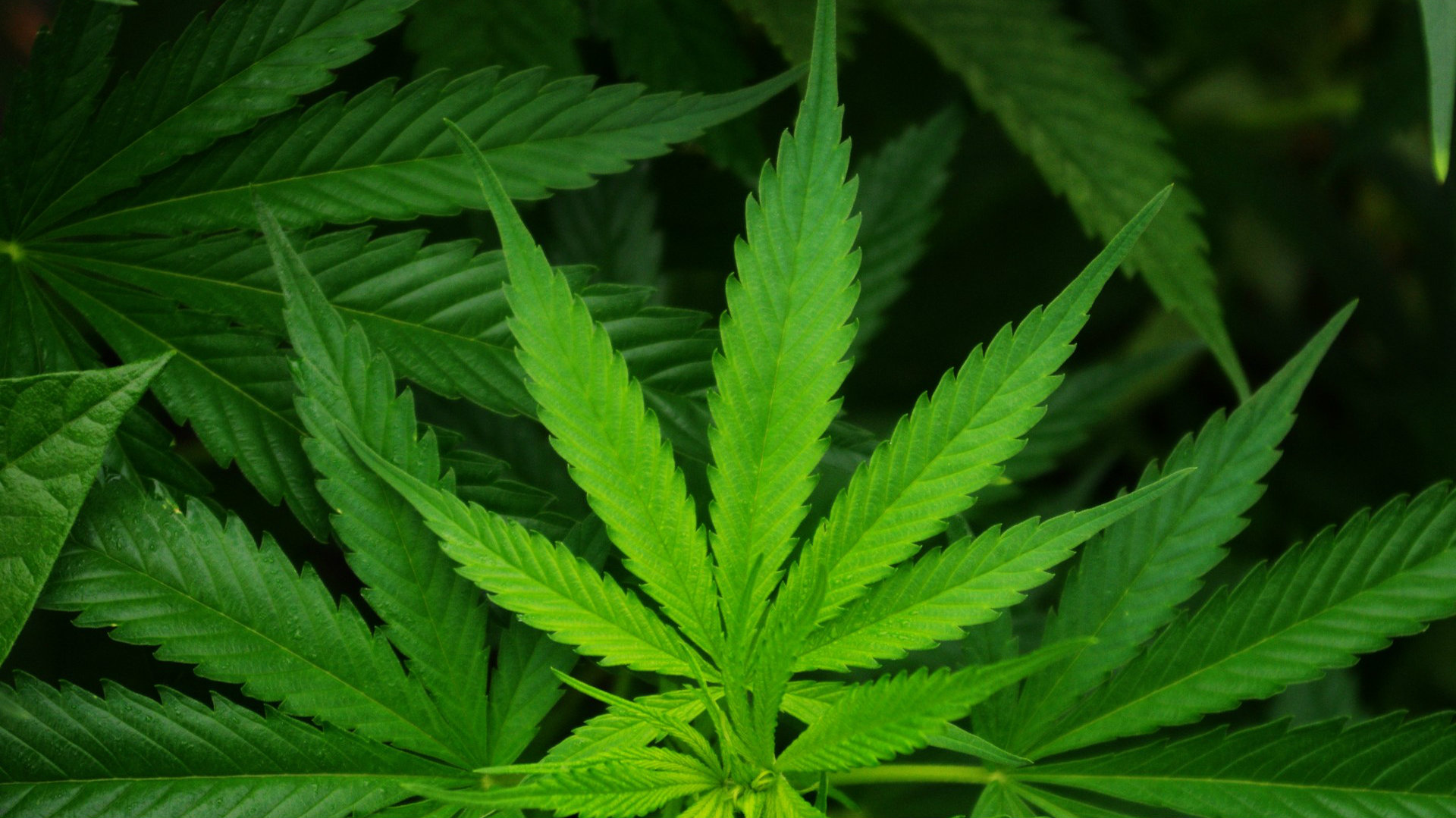We’ve seen many stories surrounding the U.S. being tough on Canadians trying to cross the border, and that has many people in Canada spooked about doing business with or working in the industry itself.
However, if you stretch the logic of “living off the avails” of pot far enough, you can trace it to the entire provincial government and even the prime minister himself. Yet we haven’t seen proof of that being an issue just yet. Perhaps it is due to that inconsistency earlier this week that the U.S. Customs & Border Protection (CBP) added a section on its webpage pertaining to Canadian citizens working in the cannabis industry, which states the following:
“A Canadian citizen working in or facilitating the proliferation of the legal marijuana industry in Canada, coming to the U.S. for reasons unrelated to the marijuana industry will generally be admissible to the U.S. However, if a traveler is found to be coming to the U.S. for reason related to the marijuana industry, they may be deemed inadmissible.”
This is a big modification to what we saw both in writing and in practice (from anecdotes) of the approach that the CBP was taking, which was a very hard-line stance that anyone or any business that has been associated with cannabis, even smoking it in the past, could be at risk of being sent back at the border. While there is no proof of just how heavily this was enforced, especially as border guards have wide discretion, it was out there as a big risk nonetheless.
The CBP’s updated statement still doesn’t guarantee a safe path for employees, only to say that “generally” they will be able to make it through the border as long as their travel isn’t related to cannabis business in the U.S.
Why this is important for the industry
For a company like Canopy Growth (TSX:WEED)(NYSE:CGC), this will help to ensure that it is able to attract quality employees that may have otherwise been concerned about this issue, and that is going to be crucial to the company’s long-term growth.
In Canopy Growth’s case, the company is being very careful in following U.S. laws and it has not ventured into U.S. businesses the way some of its rivals have, wanting to avoid any risks. The updated statement from the CBP helps to reaffirm that there’s nothing wrong with working in the Canadian cannabis industry, so long as the business and its operations are confined to within Canada, and this is consistent with the message from the TSX as well.
Unfortunately, there have been a lot of question marks and uncertainty around cannabis so far, and that’s caused a lot of confusion for people involved or looking to get involved in the industry. This helps to clear up some of those questions and is a step in the right direction as it is further proof that attitudes in the U.S. have been changing on marijuana.








